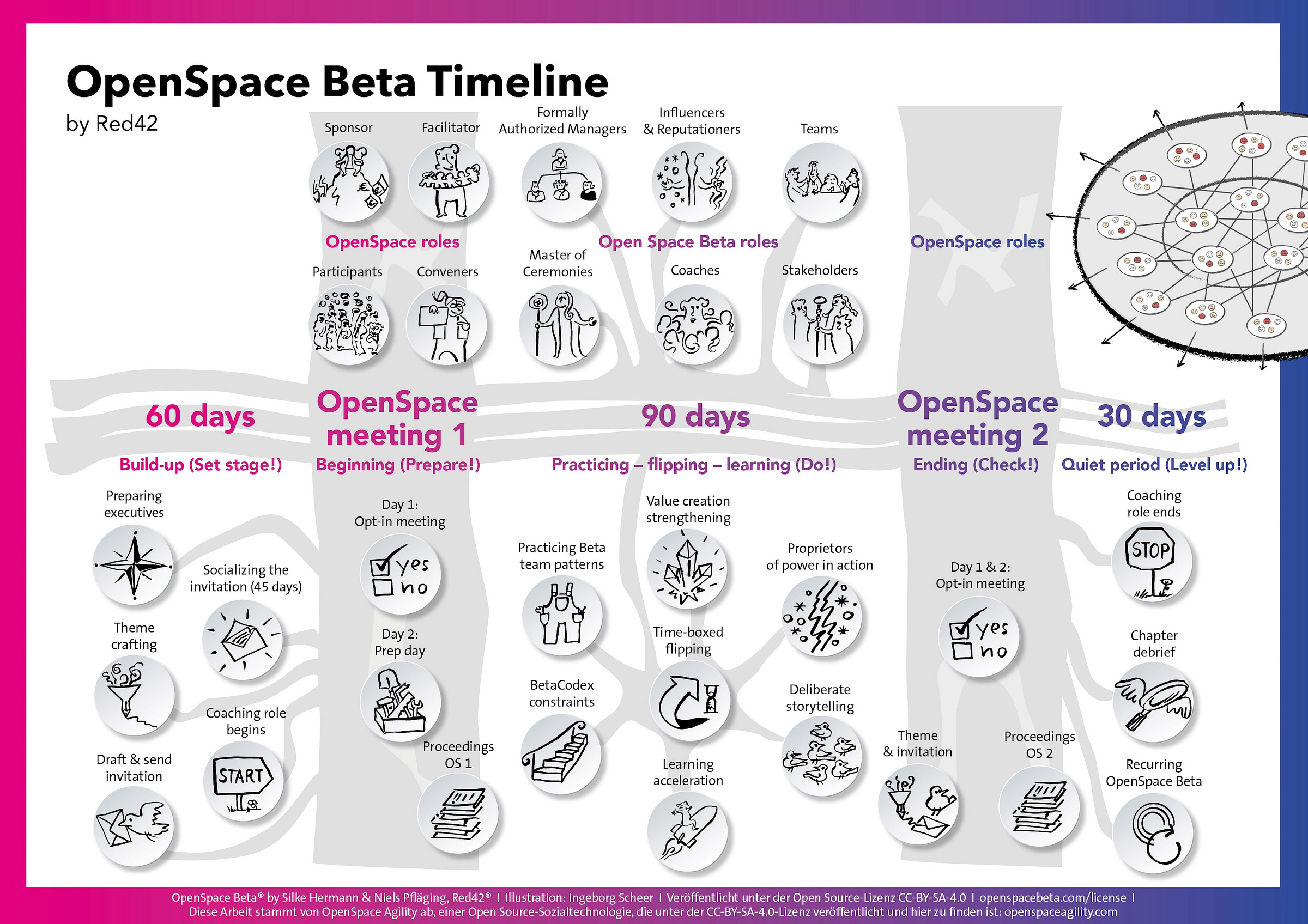To get unstuck, first renounce that obsession with acceptance
The overwhelming share of change efforts in organizations is doomed right from the start. The problem is not people
We have all tried it at a certain point of time, and with best the best of intentions: Imagine you want to change something in an organization, but before you get going with that change initiative, large or small, you try to get everybody in the boat, aligned and in agreement. Especially those who people who “matter” or that we deem “important.” Because that’s how successful change is done, right? According to Prof. Anita Engels of Hamburg University, such an approach to change thinking and change doing will likely get you nowhere.
Prof. Engels has come to call that common approach to change Fixation on Acceptance. If that sounds rather negative to you, that’s precisely what the term is about to convey. Call it a failure mindset, if you will. Problem is: Due to the complexity of individual identities and preferences, and the complexities of human interactions in groups small or large, to aim at acceptance is never going to work. It is a common-sense logic that’s inherently twisted. Think about it for a moment: Let’s imagine the most worthy change objective for an organization (or a society. No imagine that you tell people about it and try to get them on board, or to get “buy-in”. It is likely that not everyone will give their thumbs-up. It’s just not how real-world change happens.
If your field of interest (like mine) is organizational change, you will likely have tried the Fixation on Acceptance mode. And you will have failed, or at least have suffered from it. That approach to change has many facets, though. One is to categorize people into groups (“A, B, C”) or to evaluate their maturity, before starting anything. Another one is leadership development or training problems that aim at “making people fit for change” or for development that may happen further down the road. Change Management as a whole is infested with Fixation on Acceptance thinking. Which is a great explanation of why “most change initiatives fail.”

Journalist Alan Deutschman once coined the doomed Fixation on Acceptance approach The Three Fs, correctly identifying three of its major drivers as Facts, Fear, and Force. But Fixation on Acceptance evokes a broader message: That if you want to get meaningful change done, you first have to bring your own will-power to the game, which will make other people’s acceptance irrelevant. Put differently: If you are possessed by the spirit of Fixation on Acceptance, you will (likely) never get going, even if you have power of some sort. Because you will forever be stuck in the loop of acceptance-seeking, ultimately searching for the holy grail of uniformity.
But what you really need is unity. Unity, on the other hand is a product of will and joint action, not of waiting for people to agree on whatever lofty goal you might have.
A more promising take on change in large groups is rooted in Chosen Agency
The approach of Chosen Agency entails:
Authorization by a Sponsor: The change work is clearly authorized right from the start – and legitimized by someone with the appropriate authority.
Invitation by the Sponsor: There is opt-in/opt-out participation and thus “voluntariness” right from the start. Those who accept the invitation will show a high level of engagement.
System as the object of interventions: The change will be about working the system, not people - adding to its legitimacy.
A bias for action: Engagement is based on joint action – not mere pretty talk, or mere acceptance-seeking, or “giving in” by some.
Principled action and consequence: The Sponsor will make sure that the action is consistent with agreed-upon principles and that there is consequence - not laissez-faire.
In Organizational Development circles, sufficiently authorized approaches to change are sometimes equalled with “Top-down”. But Chosen Agency has nothing to do with authoritarianism. Instead, starting with sufficient and clear authorization, and involving everyone by invitation it is the only truly democratic (and thus ethical) stance to approach profound, and maybe even “transformational” change. Starting with authorization of the many by a sponsor makes the highest level of shared agency possible. Clear authorization is thus a prerequisite to democratic action – not “top-down” or an abuse of power.
Change work that’s is rooted in Chosen Agency is based on a profound insight about human psychology: that it is joint experience of reality that will ultimately lead to the unification of large groups and democratic agency – not imposition, Facts/Fear/Force, or attempt to convince “them” into acceptance.
Business owners, managers, change agents and Organizational Development professionals should internalize this.
Read BetaCodex Network research paper No. 24, “Slave to the Rhythm”





This is PO-WER-FUL. I am connecting this with a lot of lectures we've had with the team. "Activating the common good" from P. Block is one that comes up to my mind. Thanks Niels. This is a MUST.